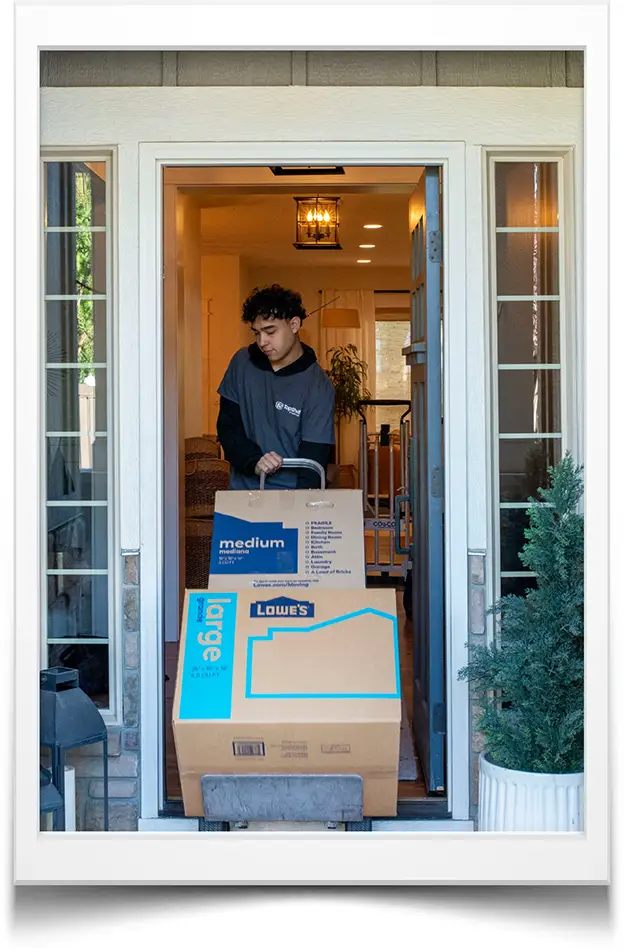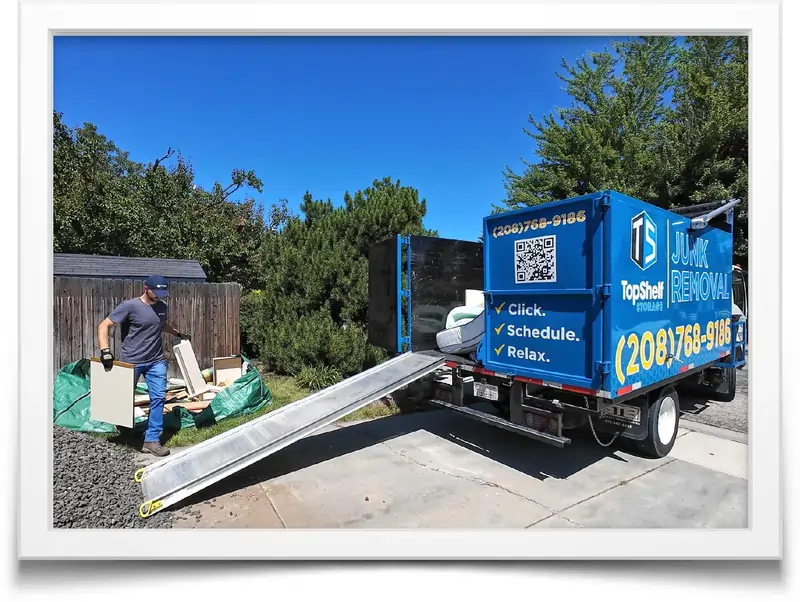

Real reviews from real customers in Boise, Meridian, and Eagle
"Excellent moving service! The team was professional, efficient, and took great care of our belongings. Highly recommend Top Shelf for anyone moving in the Boise area."
"Best movers we've ever used! They showed up on time, worked quickly, and were very careful with our furniture. The pricing was fair and transparent. Will definitely use them again!"
"Top Shelf made our move stress-free! The crew was friendly, hardworking, and nothing was damaged. Great communication from start to finish. Couldn't be happier!"
"Absolutely fantastic experience! The team was professional, efficient, and treated our belongings like their own. Highly recommend for anyone in the Treasure Valley!"
"Quick, professional, and affordable. The team went above and beyond to make sure everything was perfect. Best moving company in Boise hands down!"
"Outstanding service from start to finish! They handled our move with care and professionalism. The pricing was transparent and fair. Would definitely use them again!"
From Boise to the backroads of Southwest Idaho — we pack it, move it, and haul the junk you don't want to take with you.

Moving in Idaho? We've got you. Our crew shows up on time, treats your stuff right, and keeps the stress low. Just good people and great moving — the Top Shelf way.

Boxes, bubble wrap, and peace of mind — we've got it all. Top Shelf packs your stuff like it's our own, from fragile keepsakes to heavy furniture.

Moving day coming up? We'll clear the junk so you can focus on the boxes that actually matter.